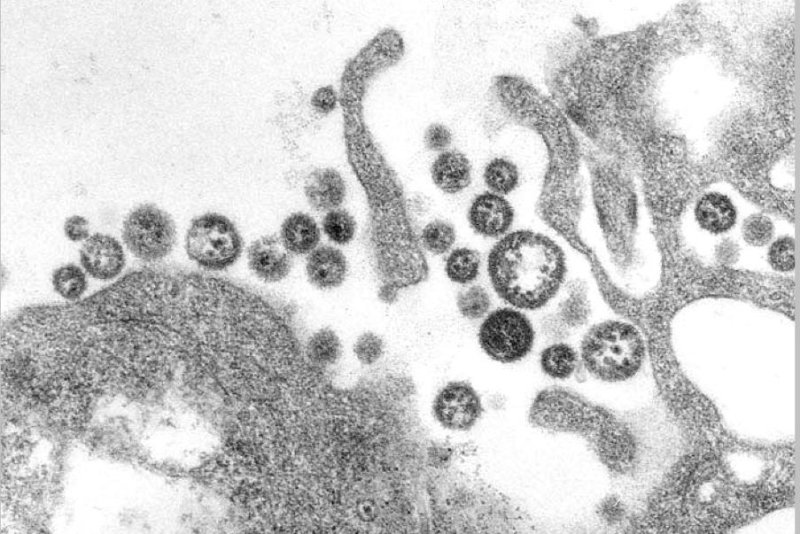WASHINGTON, May 26 (UPI) -- The Centers for Disease Control, along with New Jersey disease and health experts, are working to track people who came into contact with a man who died of Lassa, a hemorrhagic fever rarely seen in the United States.
The 55-year-old man, who had recently returned to New Jersey from Liberia, died in a New Jersey hospital Monday after being diagnosed with the rare viral disease. Authorities said he traveled from Liberia to Morocco to JFK International Airport on May 17. The next day, the man, who was not identified, went to a New Jersey hospital with a sore throat, fever and exhaustion. According to the hospital, he was asked about his travel history and did not report traveling to west Africa. He was sent home, but returned to the hospital on Thursday when his symptoms worsened. He was moved to a treatment center for viral hemorrhagic fevers. His test came back positive for Lassa, the CDC said.















